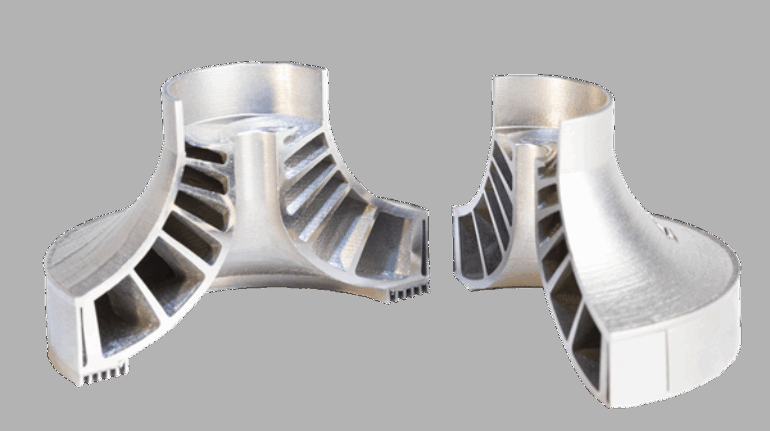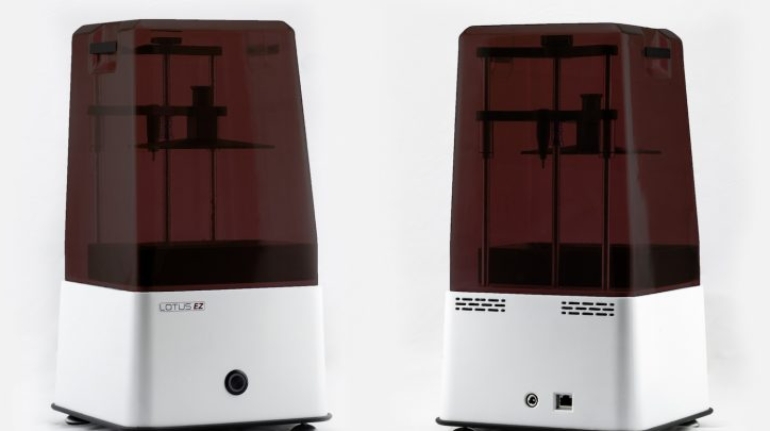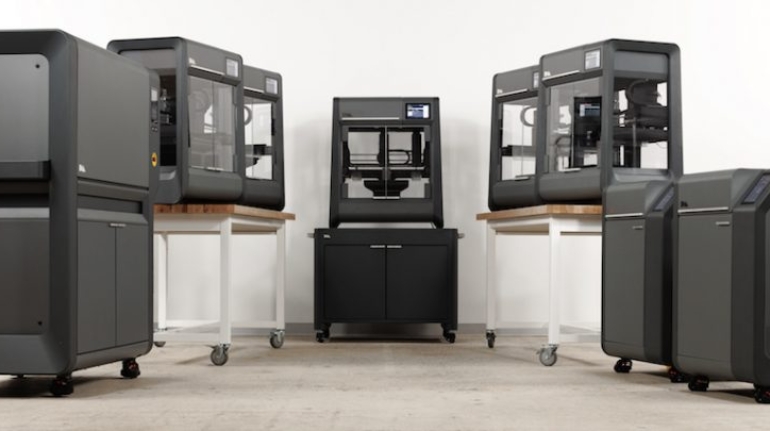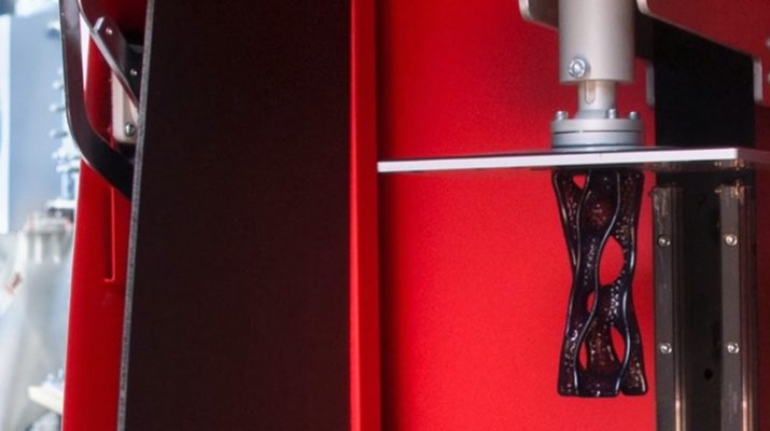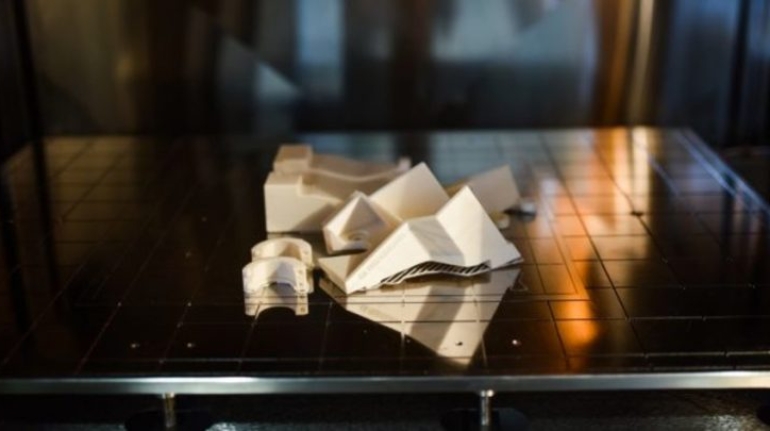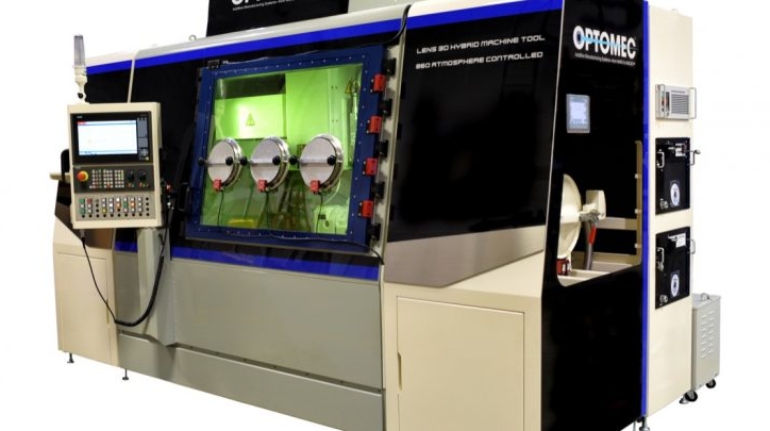Steelcase redesigns SILQ office chair with custom 3D printed armrests Consumer Products
Furniture company Steelcase recently enlisted the help of 3D printing companies Fast Radius and Carbon to redesign and upgrade its award-winning SILQ office chair using additive manufacturing. Working together, the partners designed, engineered and 3D printed an arm cap for the chair which can be customized to the user’s body. IMTS visitors can see the 3D printed office chair in person in Chicago from September 10 to 15.


